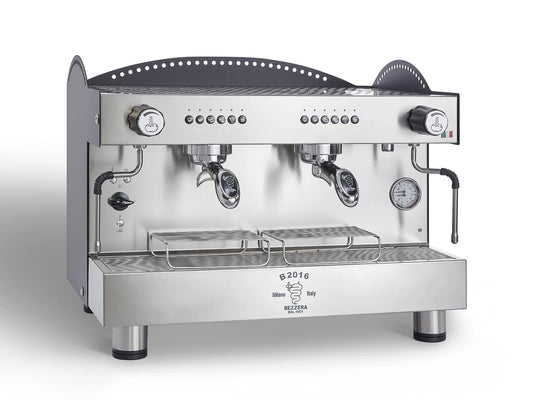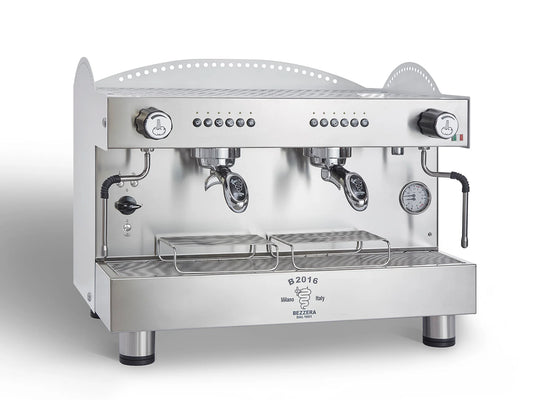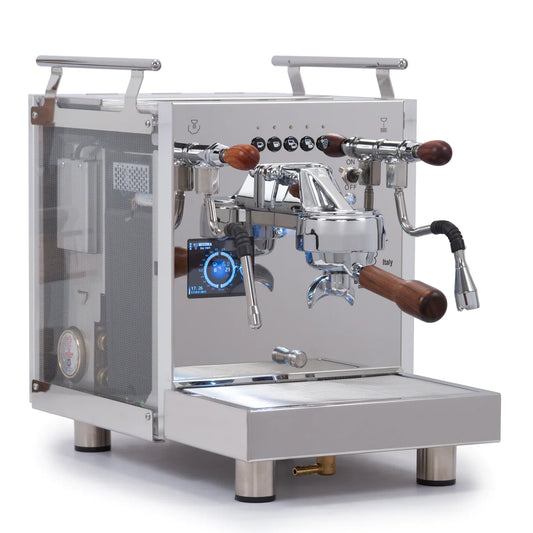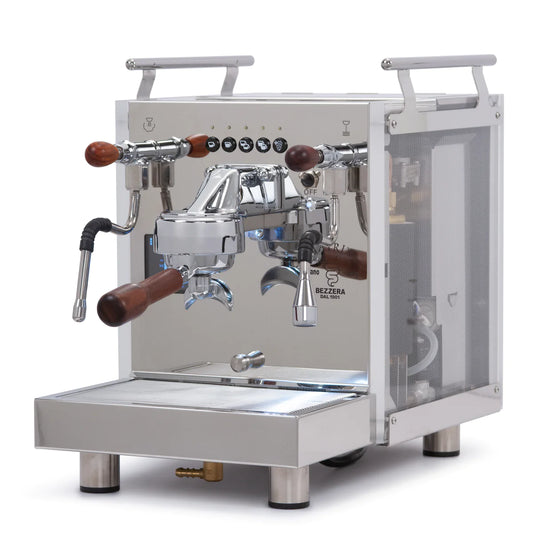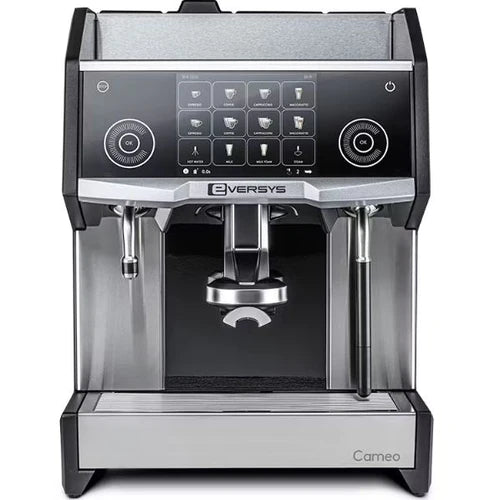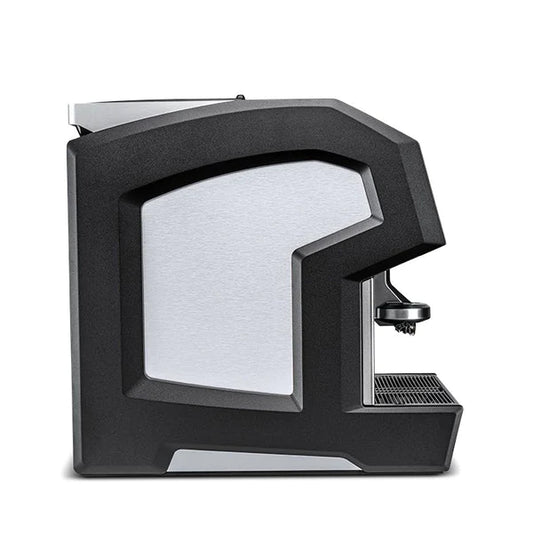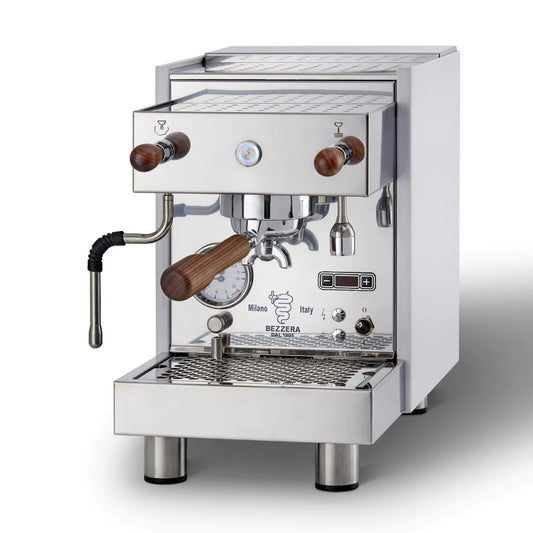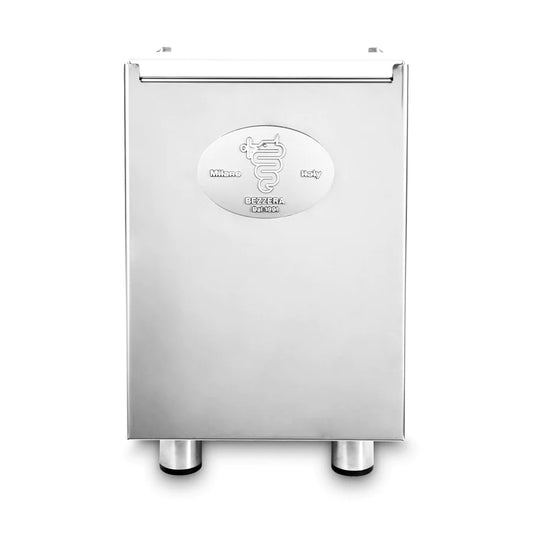How Often Should I Clean My Breville Espresso Machine?
Table of Contents
- Introduction
- The Importance of Regular Cleaning
- How to Clean Your Breville Espresso Machine: Step-by-Step Guide
- Maintenance Tips for Optimal Performance
- Conclusion
- FAQ
Coffee enthusiasts know that the key to a perfect cup of espresso lies not just in the quality of the beans but also in the cleanliness of the equipment used to brew it. Yet, many of us may wonder: how often should I clean my Breville espresso machine? This question is crucial for maintaining the quality of your coffee and ensuring the longevity of your machine.
To put it simply, regular cleaning is essential—both for the taste of your espresso and the health of your machine. Breville espresso machines, renowned for their quality and craftsmanship, require specific maintenance routines to keep them operating at their best. Understanding when and how to clean your machine can feel overwhelming, especially for those new to the world of espresso.
This blog post will guide you through the essential cleaning practices for your Breville espresso machine, ensuring that you enjoy the best possible espresso while extending the life of your equipment. Together, we’ll explore daily, weekly, and monthly cleaning routines, the importance of descaling, and tips for ensuring your machine remains in top condition. By the end of this article, you’ll have a clear understanding of how to maintain your machine effectively, ensuring that every cup of coffee is as delightful as the last.
Introduction
Imagine waking up to the aroma of freshly brewed espresso, only to find that your beloved Breville machine is underperforming due to a lack of maintenance. This scenario is all too common among coffee lovers who may overlook the importance of regular cleaning. Not only does a clean machine produce better-tasting coffee, but it also ensures that your investment lasts longer.
Cleaning your Breville espresso machine is not merely about aesthetics; it’s about preserving the integrity of your coffee. Over time, coffee oils and residue can accumulate, affecting both flavor and functionality. According to industry experts, neglecting regular cleaning can lead to clogs and other issues that diminish the quality of your brew.
In this post, we’ll discuss the recommended cleaning frequency for your Breville espresso machine, focusing on daily, weekly, and monthly tasks. Additionally, we’ll delve into the significance of descaling and how to incorporate this into your routine. By the end, you’ll have a well-rounded understanding of how to keep your espresso machine in optimal condition.
The Importance of Regular Cleaning
Why Clean Your Espresso Machine?
Regular cleaning of your espresso machine is vital for several reasons:
- Flavor Preservation: Coffee oils can build up over time, leading to rancid flavors that affect your espresso’s taste.
- Machine Longevity: A well-maintained machine is less likely to experience mechanical failures, saving you money on repairs or replacements.
- Health Considerations: Bacteria can thrive in coffee residue and milk remnants, potentially impacting the safety of your beverages.
Daily Cleaning Tasks
To maintain your Breville espresso machine, certain tasks should be performed daily:
- Flushing the Group Head: After pulling a shot, run water through the group head to remove residual coffee oils.
- Cleaning the Portafilter: Rinse the portafilter under warm water and dry it completely before storing it.
- Wiping Down the Steam Wand: Purge the steam wand by releasing steam into a cloth, and wipe down the exterior to prevent milk residue buildup.
These simple tasks take only a few minutes but can significantly enhance your coffee experience.
Weekly and Monthly Cleaning Routines
In addition to daily tasks, we recommend setting aside time for more intensive cleaning on a weekly and monthly basis.
Weekly Tasks:
- Backflushing: Use a blind filter and espresso cleaning detergent to backflush your machine. This step helps remove stubborn oils and coffee particles from the group head.
- Cleaning the Drip Tray and Water Reservoir: Empty and clean these components to prevent any buildup of stale water or coffee residues.
Monthly Tasks:
- Descaling: Depending on your water quality, descale your machine every 1-3 months. This process removes mineral buildup that can lead to clogs and inefficiency.
- Checking the Water Filter: Change the water filter every 2-3 months to ensure optimal water quality for brewing.
By adhering to these routines, you’ll maintain your machine’s performance while ensuring that every cup of espresso is delicious.
How to Clean Your Breville Espresso Machine: Step-by-Step Guide
Daily Cleaning Steps
- Dispose of the Puck: After extracting a shot, immediately discard the coffee puck from the portafilter. It’s easier to remove while warm.
- Clean the Portafilter: Rinse it under warm water, ensuring all coffee residues are removed. Wipe it dry with a clean towel.
- Flush the Group Head: Run a blank shot (no coffee) to flush out any remaining oils. This step is crucial for maintaining flavor integrity.
- Purge and Wipe the Steam Wand: After steaming milk, release steam into a cloth, then wipe down the wand with a damp cloth.
Weekly Cleaning Steps
- Backflush the Machine: Insert a blind filter into the portafilter, add a compatible cleaning detergent, and run the cleaning cycle as per the machine’s user manual. Repeat this process several times.
- Clean the Drip Tray and Water Reservoir: Rinse these components with warm soapy water, ensuring they are thoroughly dried before reassembling.
Monthly Cleaning Steps
- Descale the Machine: Mix a descaling solution according to the manufacturer’s instructions. Run the solution through the machine, followed by several cycles of clean water to rinse out any residue.
- Check and Change the Water Filter: If your machine includes a water filter, inspect it for wear and replace it if necessary. This action ensures that your water quality remains high.
Maintenance Tips for Optimal Performance
Signs Your Machine Needs Cleaning
Pay attention to the following indicators that your Breville espresso machine may require cleaning:
- Poor Extraction: If your espresso shot is taking longer than usual to brew, it might be a sign of clogs or buildup.
- Unpleasant Flavors: A rancid or bitter taste in your coffee indicates that oils have accumulated and need to be cleaned.
- Visible Residue: If you notice coffee grounds or oils on the machine’s exterior or inside components, it’s time for a thorough cleaning.
Best Practices for Cleaning
- Use Quality Cleaning Products: Invest in cleaning tablets and solutions specifically designed for espresso machines to ensure effective cleaning without damaging your equipment.
- Follow the User Manual: Always refer to your Breville machine’s user manual for specific cleaning instructions tailored to your model.
Conclusion
Cleaning your Breville espresso machine might seem like a chore, but it's a crucial aspect of ensuring every cup of coffee is as good as the last. By implementing daily, weekly, and monthly cleaning routines, you can preserve the quality of your espresso and extend the lifespan of your machine.
As we've discussed, regular maintenance not only enhances the flavor of your coffee but also safeguards your investment. So, how often should you clean your Breville espresso machine? Daily for basic upkeep, weekly for deeper cleaning, and monthly for descaling and thorough maintenance.
Together, let’s commit to making regular cleaning a part of our espresso ritual. Your taste buds—and your machine—will thank you.
FAQ
1. How often should I clean my Breville espresso machine?
You should perform daily cleaning tasks after each use, backflush weekly, and descale monthly.
2. What should I use to clean my espresso machine?
Use a cleaning solution specifically designed for espresso machines, as well as warm water for rinsing.
3. How can I tell if my espresso machine needs descaling?
If your machine brews coffee slowly or you notice scaling in the water reservoir, it’s time to descale.
4. Can I use vinegar to descale my machine?
While some people use vinegar as a natural alternative, it’s recommended to use a product designed for descaling to avoid damage.
5. What happens if I don’t clean my machine regularly?
Neglecting cleaning can lead to poor-tasting coffee, clogs, and potential damage to your espresso machine.
For more tips on maintaining your espresso machine, don’t hesitate to explore our curated collection of cleaning supplies and equipment at Coffee Machine Supply. Your journey to perfect espresso starts with a clean machine!

